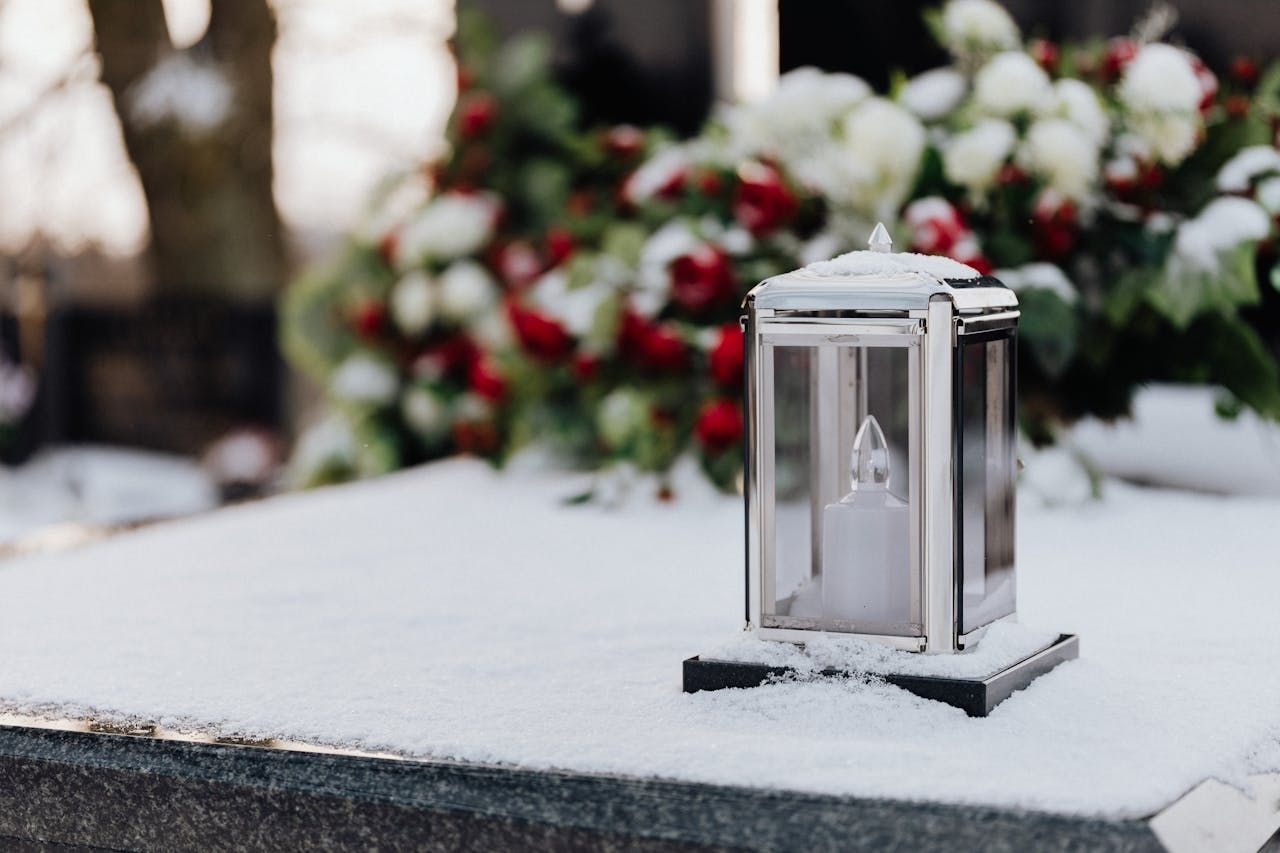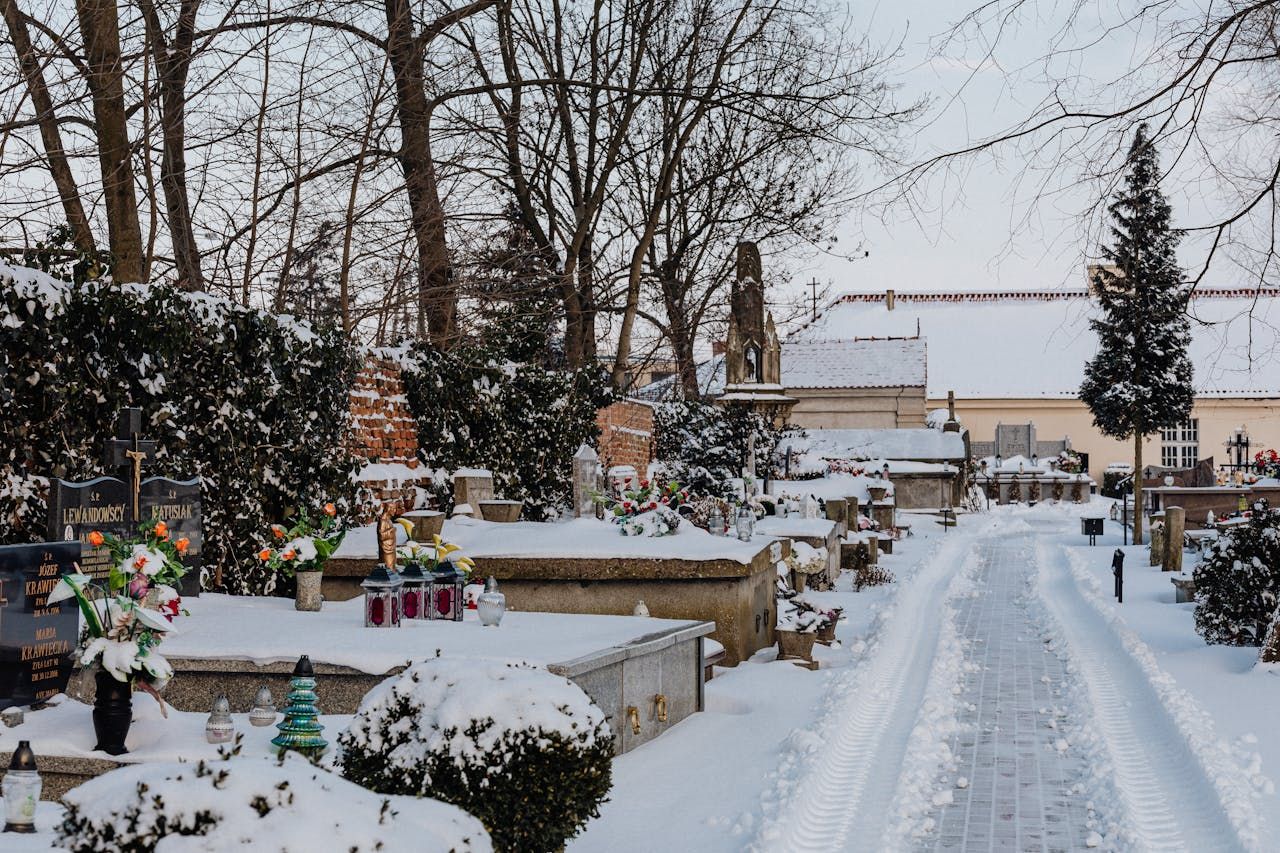Funeral Aftercare: Long Term Bereavement Support

When you experience the death of a loved one, the grief can be complicated. Everyone experiences grief differently, and mourning is rarely a straightforward process. Immediately after a loss, families are inundated with offers of help and support, but once the initial rush dies down, that support can dwindle. Unfortunately, grief does not go away after the funeral is over. If you have lost a loved one, you will likely need support and care far after the last condolence card has been sent.
Why Is Funeral Aftercare Important?
Grief is not a path that is easily walked alone. People who are grieving need support for emotional and practical needs, as well as help navigating this new world without their loved one in it. If you have suffered the loss of an important person in your life, you may experience both physical and emotional symptoms of that grief. It manifests in a variety of ways for different people, but some common symptoms include heart palpitations, headaches, digestive issues, body pain, anger, bitterness, loss of joy, confusion, apathy, anxiety, irritability, and fear. Some people even feel a sense of betrayal. All of this is perfectly normal, and there is no time limit on grief, but you will likely need some support to get to the other side of it.
Types of Grief Support
Where will you get the support you need? Help can come from a variety of sources.
Take people up on their offers
After a death has occurred, people do not really know what to do. They often say vague things about wanting to help, and they mean it, they just do not know which actions to take. Help them help you, by accepting their kind offers and letting them know what you need. You may just need someone to check in with you every few days, or meet you for coffee and a chat. Alternatively, you may need help with practical matters, like grocery shopping, childcare, or chores. As you are moving through the grieving process, let your friends and family support you in these ways.
Stay involved with your community
Grief can feel isolating, and isolation is not what you need when you are trying to recover from a loss. Do the things you enjoy doing, whether that means learning a new hobby, attending church services, or volunteering. Being connected to other people can help lessen your grief.
Consider professional counselling
Sometimes, grief is not something you can get through on your own, and that is fine. Bereavement counsellors are trained to help people who have suffered a loss. You might also benefit from a support group, where you can talk to others who have been through similar situations, bonding over a shared grief.
Practice self-care
Be gentle with yourself as you grieve. Take the grief one day at a time, and do not try to rush yourself through it. Pay attention to what your body needs, and maintain your health by getting enough sleep, exercising regularly, and eating a nutritious diet. Take time for yourself, to do the things you like doing and to relax and destress. If you are struggling, talk to your doctor.
The Caring Team at Bridgwater Funeral Services
When you suffer a loss, Bridgwater Funeral Services wants to be there to support you and help you through your grief journey. We have been helping families navigate their grief for many years, providing personalised funeral services and a team who really cares and wants to help you on your journey. Founded in 2002 by Nigel Gillard, Bridgwater Funeral Services Limited , in the centre of Bridgwater, Somerset, is a family business that provides personal service 24 hours a day, 7 days a week. Traditions both old and modern are honoured here, with Green and Woodland burials, horse-drawn funerals, military funerals, and services in all religious denominations as well as non-religious and humanist life celebrations. We also offer low-cost funerals and Golden Charter pre-paid funeral plans. If you have need help dealing with grief, or want to more learn about self-care after a loss, contact us through our website for information and resources.


